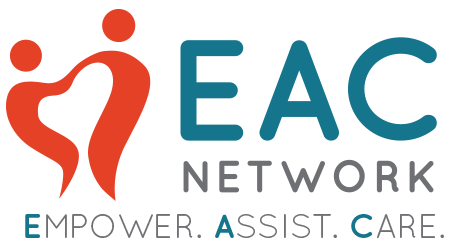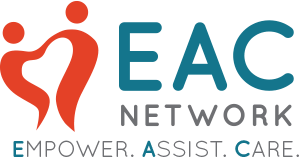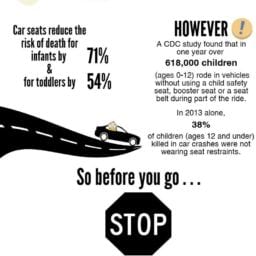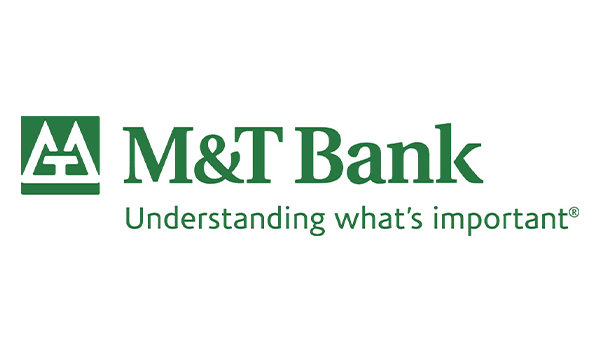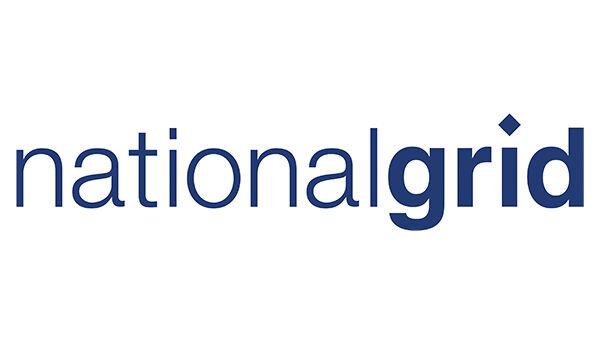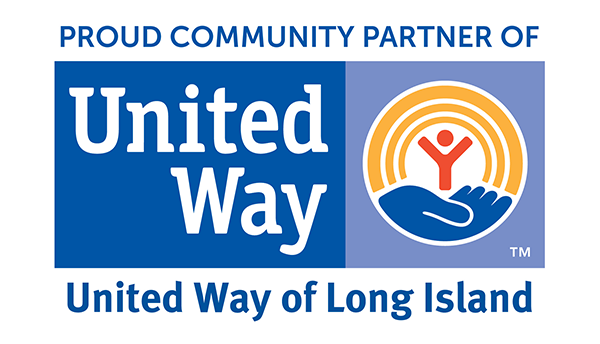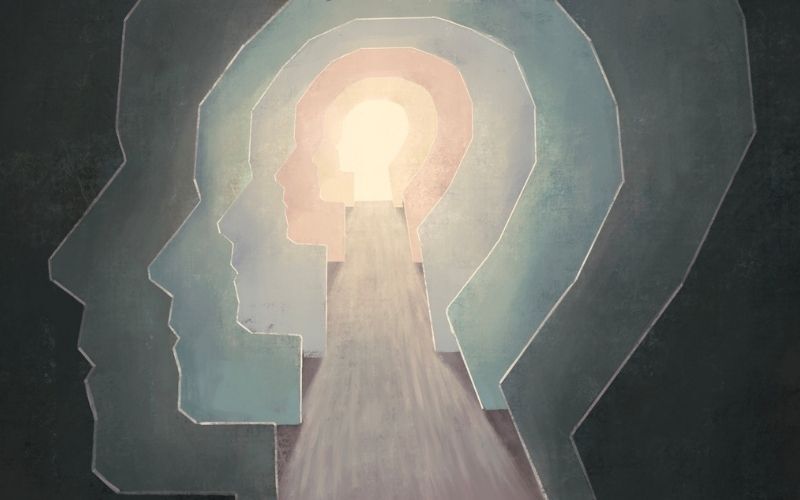
World Mental Health Day was recently observed, and it served as a poignant reminder of the importance of mental well-being for individuals around the globe. The state of mental health in prisons is at a crisis level, and we must look at the various and overlooked reasons behind it. Too many individuals are behind bars due to neglected or ignored mental health issues that are often exacerbated by substance abuse. EAC Network has recognized this crisis and, through our programs and partnership with state and local governments, is working toward better courses of treatment and outcomes.
The Unseen Crisis: Mental Health in Prisons
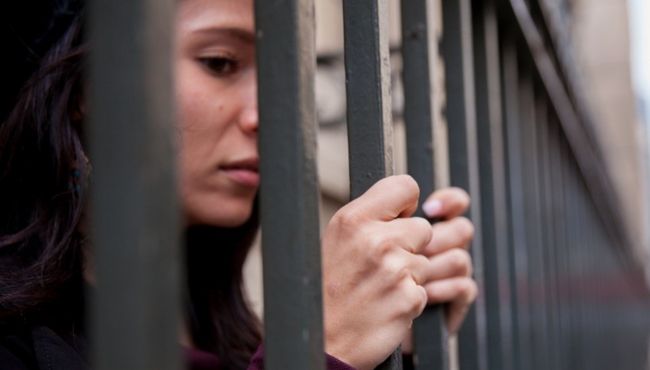
Research consistently shows that incarcerated individuals are disproportionately affected by mental health issues compared to the general population. About two in five incarcerated people have a history of mental illness. Factors such as overcrowded facilities, prolonged isolation, and a lack of access to proper mental health care contribute to the deterioration of mental well-being among inmates.
Challenges Faced by Incarcerated Individuals
In many prison systems, access to mental health resources is severely restricted. Overworked and underfunded facilities struggle to provide adequate care to those in need. The stigma surrounding mental health issues is amplified within the prison environment. Many incarcerated individuals fear judgment from their peers and may hesitate to seek help. There is also the fact that over 70% of prisoners who have mental health problems also have substance dependence or abuse problems which only add to the concerns and state of mental health in prisons.
Empowering Actions for Lasting Change
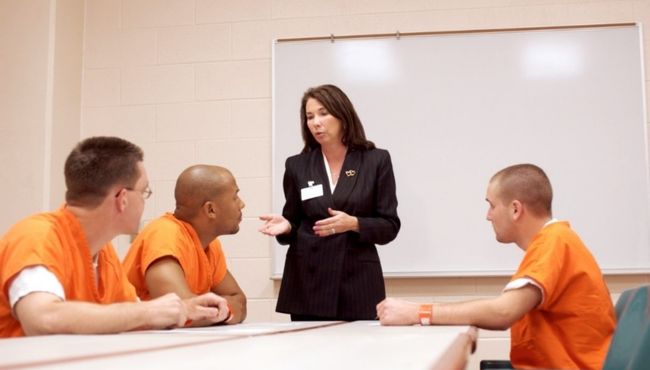
The dire state of mental health in prisons is at crisis levels. There must be a concentrated effort across all communities, states, and countries to address and properly treat those in need. The following are areas that can help to provide a better path forward:
1. Increased Mental Health Screening
Upon entering the prison system, implementing comprehensive mental health assessments can help identify individuals needing immediate care.
2. Enhanced Training for Staff
Providing prison staff with specialized training in recognizing and addressing mental health issues can create a more supportive environment for inmates.
3. Access to Quality Care
Allocating resources to expand mental health services within prisons is crucial. This includes hiring qualified mental health professionals and offering a range of therapeutic interventions.
4. Community Reintegration Programs
Focusing on preparing individuals for re-entry into society is essential. This includes providing counseling, job training, and support networks to help ease the transition.
5. Advocacy and Awareness
Raising awareness about the mental health challenges faced by incarcerated individuals is paramount. This can increase public support for policy changes and improve prison conditions.
EAC Network Offers Program Solutions for Change

Programs such as Brooklyn Clear, TASC, SCRAM, and Mental Health Diversion provide us with the means to offer better options for people facing mental health or substance abuse challenges, helping them avoid going to jail. We ensure they have the right support, including keeping an eye on them and holding them accountable. By focusing on what these individuals need, we help them find a healthier way forward, which benefits them and the whole community.
Community Re-entry Assistance Network (CRAN)
CRAN provides transitional case management services for individuals with severe mental illness reentering any of New York City’s five boroughs from Rikers Island.
CRAN participants gain long-term stability and fully integrate back into the community. Last year alone, the program served 3,194 participants.
Treatment Accountability for Safer Communities (TASC)
The TASC program services the five boroughs, Long Island and Rockland County. Its mission is to enhance public safety by integrating the criminal justice and substance abuse treatment systems, redirecting individuals away from incarceration, and offering a range of services that assist individuals in their path to recovery while maintaining accountability for offenders.
The programs have helped place 11,661 participants into substance abuse treatment programs, receiving treatments and case management as an alternative to incarceration.
EAC Network ensures these participants have the proper support, including keeping an eye on them and holding them accountable. By focusing on what these individuals need, we help them find a healthier way forward, which benefits them and the whole community.


